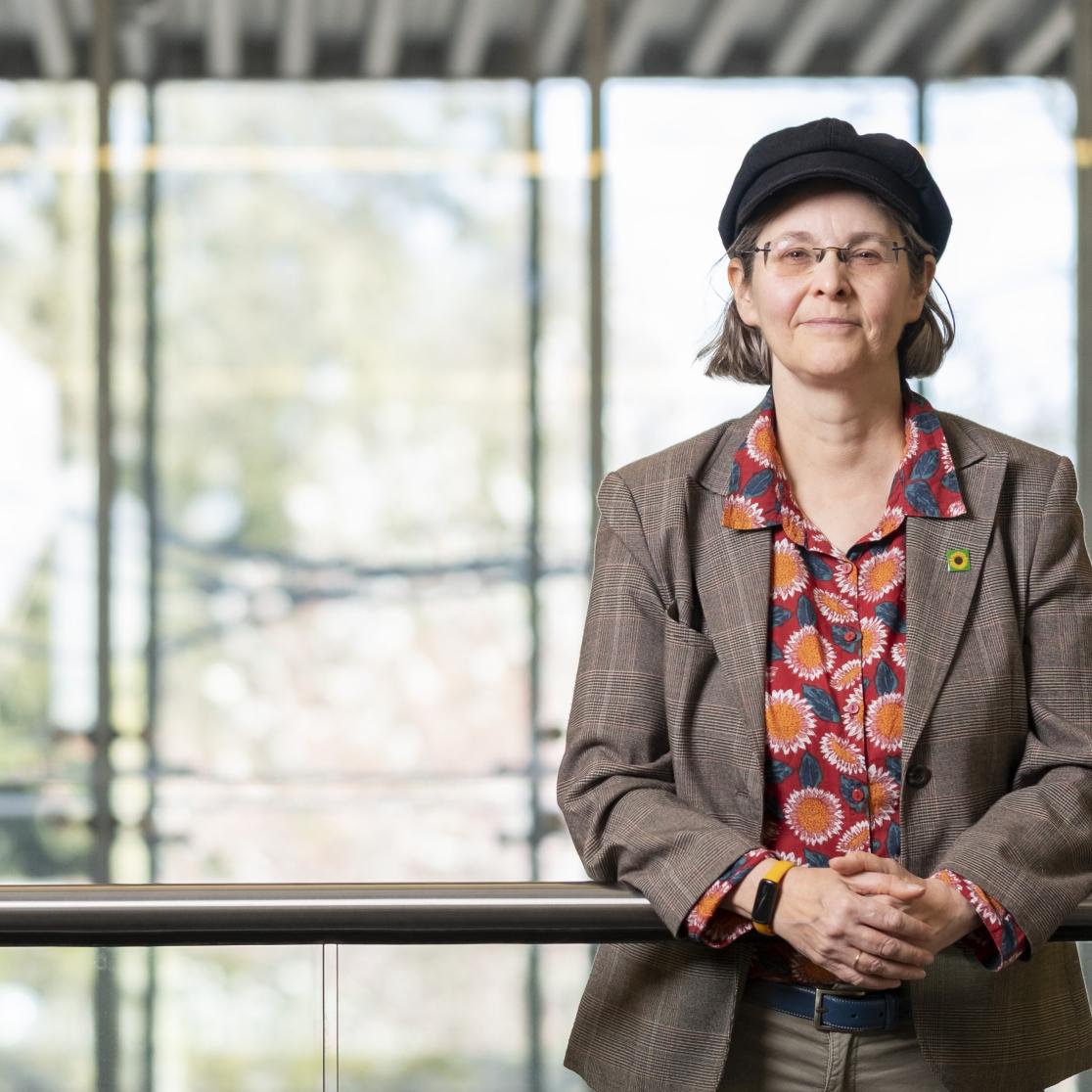Disability Inclusion Group (DIG)
The Disability Inclusion Group (DIG) is a new advisory and consultative body within Maastricht University, formed by and for staff with disabilities, chronic illnesses or neurodivergence. DIG aims to play a vital role in supporting the university’s commitment to creating an inclusive, accessible and equitable work environment for all UM employees and PhD candidates.
The group held its inaugural meeting on 3 April 2025. While DIG is newly formalised, several of its members have actively contributed to policy development at the university for some time through their work with the UnliMited-Staff network.
Why DIG was established
DIG was created to ensure that staff with lived experience of disability are officially involved in shaping the policies that affect them. It is a formal part of the university’s governance structure and is linked closely with the UnliMited-Staff network. As part of UM’s governance structure, DIG works in close connection with the UnliMited-Staff network to embed disability inclusion into institutional decision-making.
Our purpose
The purpose of DIG is to work with UnliMited-Staff to drive lasting, structural change at UM by integrating disability inclusion into the university’s policies, practices and culture. We do this by:
- Raising awareness: DIG promotes awareness and understanding of disability, chronic illness, and neurodivergence across the university through events, campaigns and open dialogue
- Shaping policy: DIG actively contributes to UM-wide policy development to create an environment where people with disabilities, chronic illness or neurodivergence can thrive.
- Removing barriers: DIG helps to identify, raise awareness of and address barriers to inclusion—whether physical, digital, behavioural or institutional.
- Driving progress: DIG works to proactively challenge and address historical patterns of inequality faced by people with disabilities, chronic illness, or neurodivergence—recognising the importance of intersectionality.
- Advising on best practices: DIG is developing its expertise function to recommend effective practices, support the development of action plans and help monitor progress toward clear inclusion goals.
- Ensuring representation: DIG works to ensure lived experience informs decision-making at every level to bring about meaningful, lasting change.
DIG does not, except in exceptional cases, provide advice or recommendations on individual staff situations related to disability, chronic illness or neurodivergence.
In such cases, if the line manager, director or dean, and the team’s People & Organisation advisor are unable to find a suitable solution, a designated P&O advisor can be consulted for further support.
Key issues for our work
While our work extends beyond these areas, we focus on several key priorities:
- advocating for the adoption of a disability action plan
- improving the accessibility of campus infrastructure and digital tools
- promoting inclusive HR policies around recruitment, retention and hybrid working
- embedding disability literacy into staff development, especially for line managers and personnel and development staff
- ensuring compliance with the Dutch disability discrimination law
- making the Recognition and Rewards policy more inclusive for staff with a disability, chronic illness or neurodivergence
Our structure
DIG consists of a chair and 8-15 members, primarily UM employees and PhD candidates with lived experience, as well as staff closely associated with someone with a disability. It includes representatives across faculties and service centres.
To support the group’s work and ensure sustained impact, UM has appointed Professor Lisa Waddington as our funded coordinator. We are supported by the Diversity & Inclusivity Office as well as the Office of People and Development.
A word from our first DIG chair
As the first chair of the Disability Inclusion Group, I am proud to be helping to make Maastricht University a more inclusive place for staff and PhD researchers with disabilities, chronic illnesses or neurodivergence.
I have been working on disability rights since the early 1990s. At that time, there was very little policy or academic work on this topic. While change has not come quickly, I have seen real steps forward—also here at UM. For the first time in the university’s 50-year history, we now have a dedicated policy that outlines the rights and support available to staff with disabilities (intranet only). This policy was developed in close consultation with the UnliMited Network, ensuring that those directly affected were actively involved in the process from the start.
DIG builds on that foundation. By sharing experiences, raising awareness and advising on policy, we are working to make inclusion part of everyday university life—not just on paper, but in practice.
DIG is there to serve the wider Unlimited community, and we need to hear from you about the issues and challenges which staff with disabilities, chronic illnesses and neurodivergence are facing, so that we can speak up on your behalf and try and bring about the changes that you need. I invite all staff with disabilities, chronic illnesses or neurodivergence to join UnliMited so that you can learn about what DIG is doing, and we can learn about your priorities.
There’s still work to do, but we’re moving in the right direction. And I look forward to seeing even greater progress in the years to come
-Lisa Waddington, Chair of the Disability Inclusion Group
